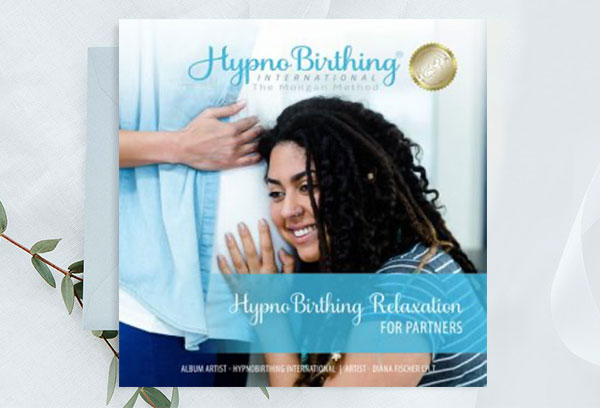Birth is one of the most powerful experiences a woman, or any birthing person will have. It is also one of the biggest events of the dad or partner’s life too. This is the birth of their child! Particularly in the past few decades, dads have started to embrace an active role in the birth of their children. They are not just wanting to be in the delivery room but to truly support their partner during this trying time. Still, the role that partners play during birth does not come naturally for all dads. Luckily, it is something that you can prepare for!
Here are 5 ways that partners can prepare for their role during birth:
Establish Expectations
Do you know what happens during normal birth, how long it takes, and signs that something isn’t normal? Birth can be shocking to someone who has never witnessed it before, but as the partner, one of your jobs is to maintain a sense of calm and collectedness. This is easiest when you know what is likely to happen and what to do when something doesn’t go as planned.
One example of this is understanding how long labor can take. While some women only labor for a few hours, the average first-time mom is going to labor for 18-24 hours (maybe longer). If your expectations are based on the movies where a woman’s water breaks, she is rushed to the hospital, screams, and pushed her baby out 15 minutes later, then you make think that you need to rush to the hospital as soon as she starts to feel surges. In reality, these waves might just be early labor and there is rarely a rush to go anywhere until things progress more. Creating a sense of urgency to rush to the hospital might actually cause anxiety that slows or stalls labor progression.
Practice Comfort Measures
Whether you have a doula or not, birth partners can always help with comfort measures. Partners often have a hard time seeing their loved one laboring and they feel a sense of helplessness. Learn and practice comfort measures before labor starts so that you can provide hands-on support and ease discomfort through labor. Examples of comfort measures include acupressure, rebozo, position changes, and hydrotherapy.
Develop Confidence Advocating
While we are our own best advocates, the birth partner is the 2nd best advocate in a birth space.
When in active labor and immediately following birth, the thinking brain shuts off and the primal part of the brain kicks in. All of the brain and body’s energy is directed toward the birth process. This is a woman’s most powerful and yet most vulnerable state. Advocating for one’s self can be challenging to say the least. This is where the birth partner comes in. Have conversations with the birthing person throughout the pregnancy to ensure you know their wishes. Familiarize yourself with the birth plan. Better yet, help create the birth plan! The more you know what you and your partner want for the birth and the baby, the easier it will be to know when to speak up and advocate for the birthing person or the baby.
You may also consider role-playing common scenarios to practice how to respond in various situations.
Lastly, remember your B.R.A.I.N.S.
This is an acronym to help parents remember the type of questions to ask before accepting an intervention. It stands for:
- What are the Benefits?
- What are the Risks?
- What are the Alternatives?
- What does your Intuition tell you?
- What if we do Nothing?
- Can we have some Space to discuss this?
Embrace Affirmations
Positive affirmations can be incredibly powerful. Some mothers recount how a particular affirmation such as “I can do anything for 1 minute” or “Each wave brings my baby closer to me” was the thing that really got them through their labor. It would be saying this affirmation in their own head, or someone else reciting it to them.
Some people feel awkward reciting affirmations, but they really help. If the birthing person is annoyed by you reciting an affirmation, they will likely let you know via a verbal notice, facial expression, body language, or a hand gesture. Either way, if you are paying attention to their body language you will notice it! Outside of any indication that you should stop, get comfortable reciting one or multiple affirmations over and over again.
You may even find yourself clinging on to a few of the partner affirmations. That is completely normal! The role of the birth partner is not without its challenges and you may need a pep-talk of your own to get through the labor and birth.
Take a Childbirth Education Class
HypnoBirthing – The Mongan Method helps dads and partners with all of these aspects of how to be the best, most effective, and more prepared birth partner a woman could ask for! Partners are encouraged to accompany the birthing person to class because it helps prepare both of them to be the most amazing team while bringing their child into this world.









